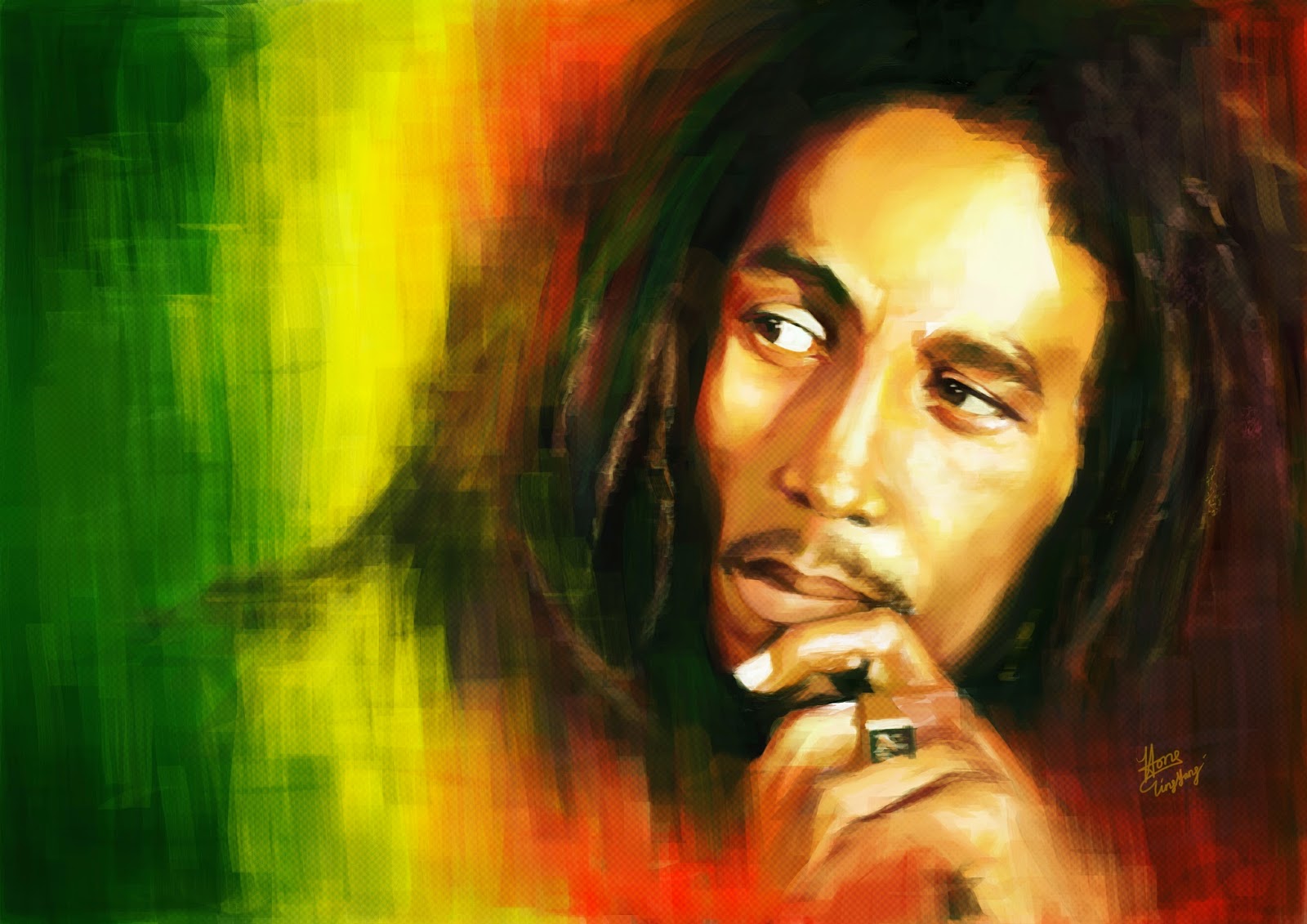Bob Marley’s influence on society is a phenomenon that transcends music, culture, and even politics. The legendary Jamaican singer-songwriter, known as the King of Reggae, has left an indelible mark that continues to resonate across generations and continents. Through his powerful lyrics, Marley introduced the world to the struggles of the oppressed, the spirituality of Rastafarianism, and the unifying power of love and social justice. His work has become a symbol of hope, resistance, and universal peace, making him a cultural icon whose impact extends far beyond the music industry.
Born into humble beginnings in rural Jamaica, Marley’s rise to prominence was not just a personal triumph but a victory for the underrepresented and marginalized communities he passionately advocated for. His songs, infused with messages of freedom, equality, and resilience, have been embraced as anthems for social and political movements worldwide. Whether it’s the civil rights movements in the United States, anti-apartheid struggles in South Africa, or calls for peace in war-torn nations, Bob Marley’s voice has amplified the cries for justice and equity.
Yet, his influence isn’t confined to activism or music alone. From fashion to spirituality, Marley has shaped various aspects of global culture. The Rastafarian ethos he passionately promoted—rooted in spirituality, environmentalism, and African pride—has inspired countless individuals to reassess their values and lifestyles. This article delves deep into Bob Marley’s life, his unparalleled contributions, and the profound ways in which he continues to influence society. Through detailed insights, we’ll uncover why Marley remains a timeless figure in the collective consciousness of the world.
Table of Contents
- Biography and Early Life
- Rise to Stardom
- The Political Message in Marley’s Music
- Spreading Rastafarian Culture
- Marley’s Role in Social Justice
- Impact on the Global Music Industry
- Influence on Fashion
- Spiritual Resonance of Bob Marley
- Activism Through Music
- Marley as an Ambassador for Peace
- Economic Contributions
- Marley’s Lasting Legacy
- Influence on Modern Artists
- Global Recognition and Awards
- FAQs About Bob Marley’s Influence
Biography and Early Life
Bob Marley, born Robert Nesta Marley on February 6, 1945, in Nine Mile, Saint Ann Parish, Jamaica, was a man whose music and message transcended borders. He was the son of Norval Sinclair Marley, a British-Jamaican white man, and Cedella Booker, a Black Jamaican woman. Despite his mixed heritage, Marley faced racial discrimination growing up, an experience that would later shape his worldview and music.
From a young age, Marley displayed an innate talent for music. He formed his first band, The Wailers, in 1963 alongside Peter Tosh and Bunny Wailer. The trio introduced the world to reggae, a genre deeply rooted in Jamaican culture and Rastafarian spirituality. Bob Marley’s unique ability to blend emotive lyrics with infectious melodies quickly set him apart, propelling him to international fame as the face of reggae music.
Below is a quick overview of Bob Marley’s personal and professional details:
| Full Name | Robert Nesta Marley |
|---|---|
| Date of Birth | February 6, 1945 |
| Place of Birth | Nine Mile, Saint Ann Parish, Jamaica |
| Date of Death | May 11, 1981 |
| Genres | Reggae, Ska, Rocksteady |
| Instruments | Vocals, Guitar |
| Spiritual Affiliation | Rastafarianism |
Rise to Stardom
Content for this section will focus on Marley’s journey from forming The Wailers to achieving global recognition.
The Political Message in Marley’s Music
Content for this section will explore how Marley’s songs addressed social and political issues, becoming anthems for movements worldwide.
Spreading Rastafarian Culture
Content for this section will analyze Marley’s role in popularizing the principles of Rastafarianism globally.
Marley’s Role in Social Justice
Content for this section will highlight Marley’s activism and its impact on societal change.
Impact on the Global Music Industry
Content for this section will delve into how Marley transformed reggae into a global phenomenon.
Influence on Fashion
Content for this section will discuss Marley’s influence on global fashion trends, including dreadlocks and Rastafarian colors.
Spiritual Resonance of Bob Marley
Content for this section will explore Marley’s spiritual beliefs and their enduring impact on his audience.
Activism Through Music
Content for this section will analyze how Marley used music as a tool for activism and resistance.
Marley as an Ambassador for Peace
Content for this section will discuss Marley’s efforts to promote peace, including his famous One Love Peace Concert in 1978.
Economic Contributions
Content for this section will examine Marley’s contributions to the Jamaican economy and global music industry.
Marley’s Lasting Legacy
Content for this section will explore the enduring relevance of Marley’s music and message.
Influence on Modern Artists
Content for this section will discuss how contemporary artists continue to draw inspiration from Marley’s work.
Global Recognition and Awards
Content for this section will highlight the awards and honors Marley received during and after his lifetime.
FAQs About Bob Marley’s Influence
Content for this section will include at least six frequently asked questions and answers about Bob Marley’s influence on society.
Article Recommendations
- Exploring Sequim Washington Top Things To Do
- Chumlees Net Worth A Look At The Fortune Of The Pawn Stars Celebrity
- Anticipating Dee1s Musical Masterpiece New Album And Beyond

